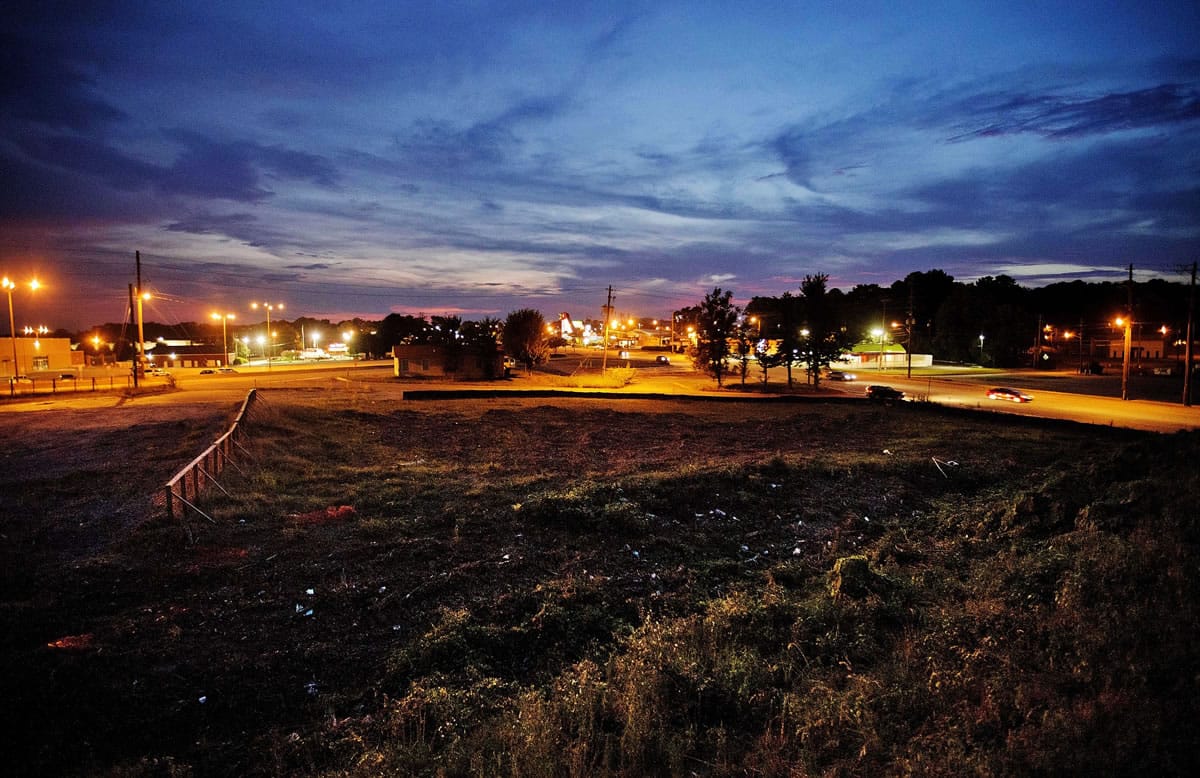MARIETTA, Ga.— Down past the Big Chicken, the 56-foot-high, steel-beaked beacon of extra crispy that may be this town’s most prized landmark, and just across from Fast Eddie Auto Sales, the wedge of dirt hard by Interstate 75 is notable only for its lack of notability. And when Rabbi Steven Lebow pulls up there, he leaves the engine running and door open.
Nearly ever since the South Florida native found a pulpit in this fast-changing county just north of Atlanta three decades ago, this spot — or, more specifically, the tale of murder and vengeance that has stained its ground and local history for 100 years — has weighed on him.
But with transportation crews readying to build over the place where Marietta’s leading citizens lynched a Jewish factory superintendent named Leo Frank on an August morning a century ago, Lebow talks only of what’s worth preserving.
“There’s nothing to see here. It’s anonymous. That’s why we need to be the memory,” Lebow says, as trucks grind past. “We don’t want to remember it, but it’s a cautionary tale.”



